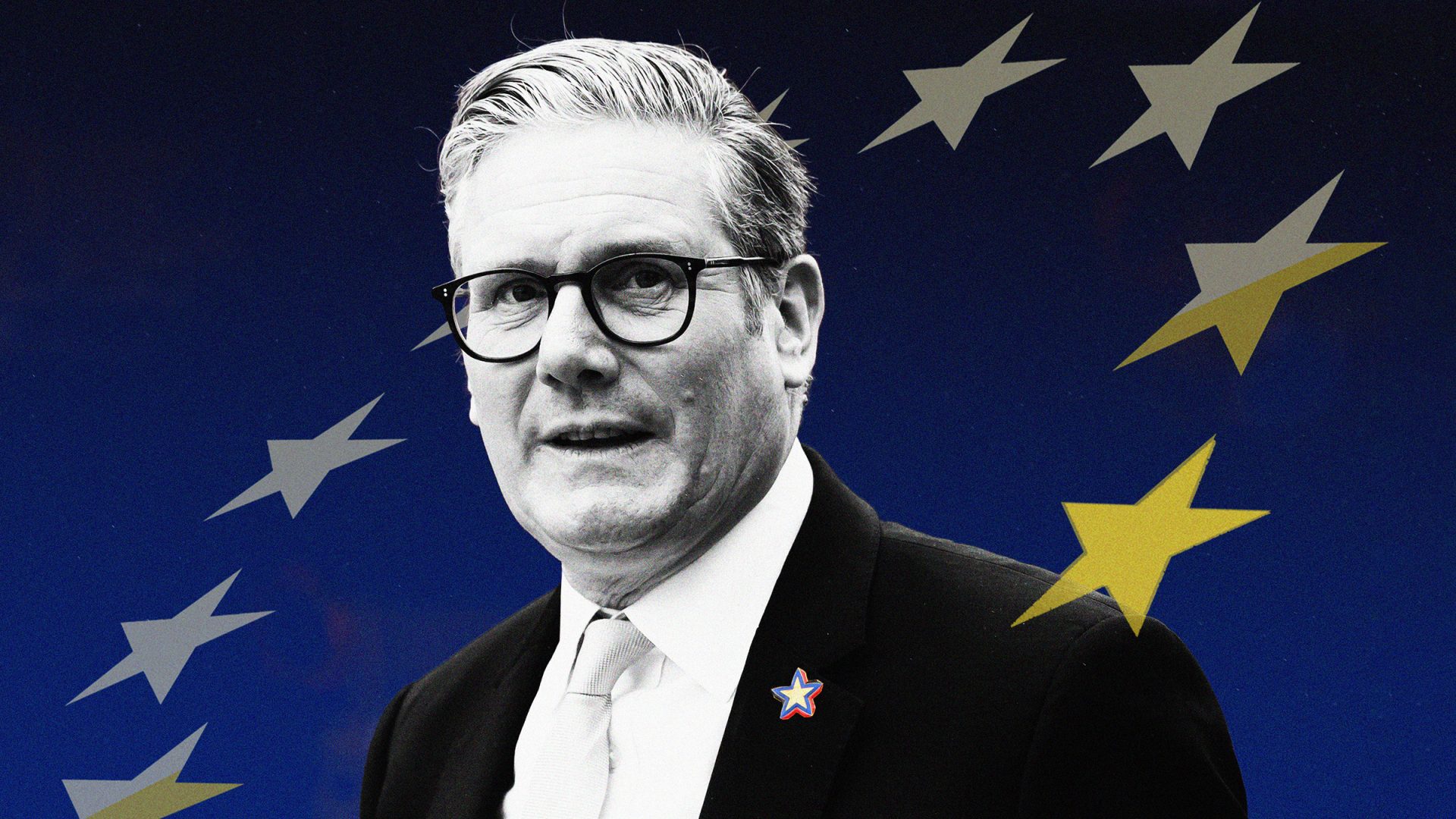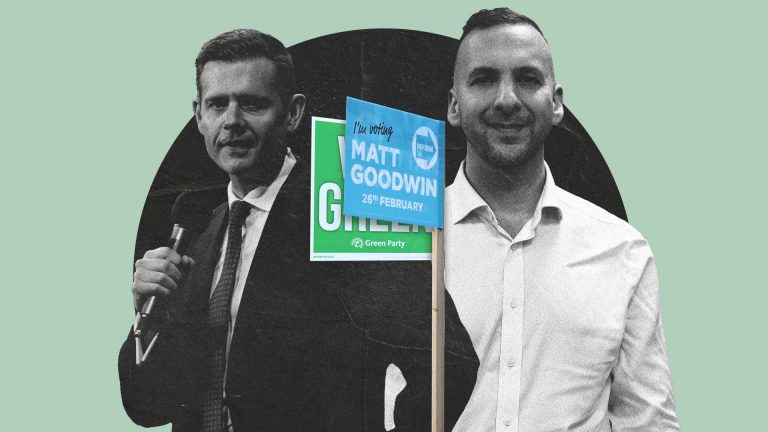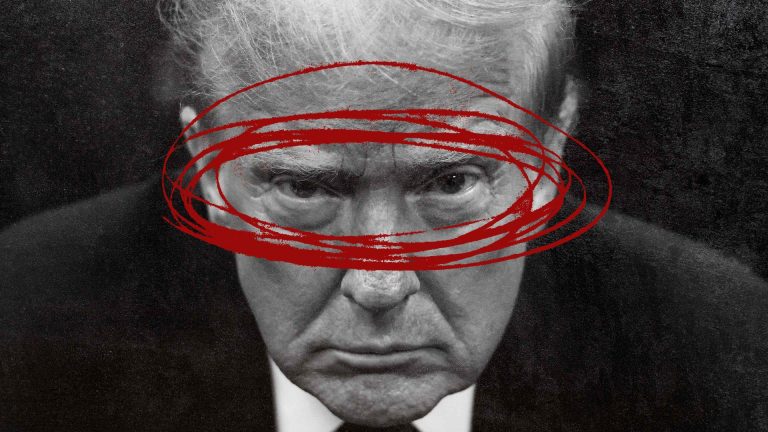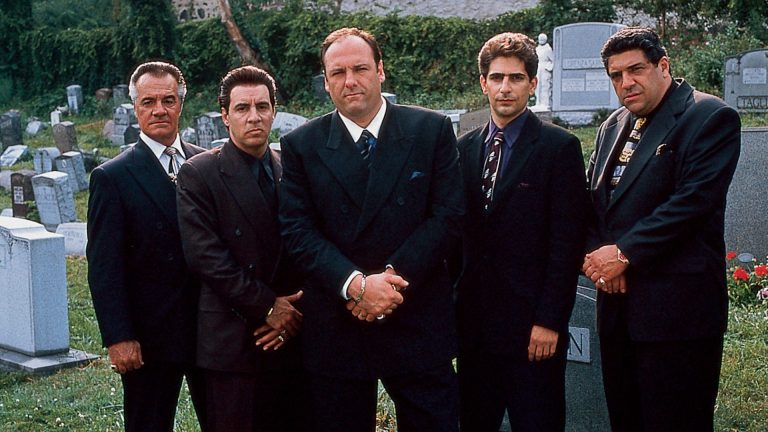The champagne has turned to vinegar. There is nothing to celebrate for Keir Starmer as the first anniversary of his arrival in Downing Street looms.
Genuine achievements (the Brexit reset, more money for the NHS, bold new thinking on infrastructure, energy, railways, housing and industrial policy) are buried under a landslide of hubris. The mishandling of the winter fuel allowance cuts went far beyond mere misfortune; the mishandling of welfare cuts for the sick and disabled now looks less like carelessness than callous recklessness.
An arrogant, incompetent No 10 operation has squandered goodwill, first with Labour vote-lenders in the general public, then among Labour loyalists and now within the parliamentary party itself. To paraphrase Wilde again, if this is the way King Keir treats his supporters, he doesn’t deserve to have any. Perhaps by the second anniversary, after another year of bad policy and bad polling, he won’t.
At which point (apologies to the excitable, but it is far too early now to talk of such things) you would expect rivals to start positioning themselves as alternative leaders, touting alternative plans. There is one area of possible differentiation that would bring certain economic uplift, but comes with a huge political risk: the issue of Europe and Brexit.
Would a different Labour prime minister dare to tell the country that rejoining the single market or the EU itself would add back the lost 4% of UK GDP? Starmer can’t, having repeatedly ruled out rejoining the single market or the EU itself. A new leader could, but most of the serious contenders are also bound by the incumbent’s red lines.
Suggested Reading
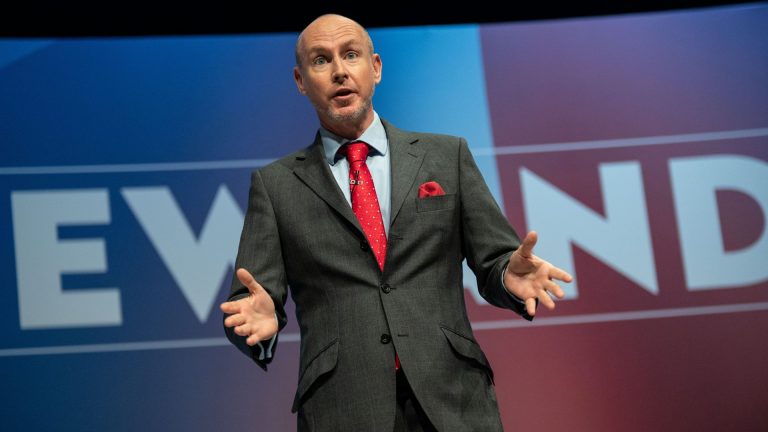

Daniel Hannan’s Brexit predictions have not aged well
The bookies’ favourite is Wes Streeting, whose current view is that even in Brussels there is “no appetite to relitigate” the Brexit years and that economic damage from being outside the single market is “a fact of life that we have to deal with”. Angela Rayner, currently second favourite, stood in for Starmer at PMQs this week and told the Commons “it should be Parliament who makes rules on immigration”. That rules out more progress with the EU and its freedom of movement.
Rayner’s remarks would have been music to the ears of third favourite Yvette Cooper, whose focus on reducing net migration as home secretary brought her into conflict with Starmer and Rachel Reeves over the youth mobility scheme that was promised in the Brexit reset negotiations. Fourth favourite Bridget Phillipson is a red wall MP who says of rejoining: “I don’t think people want to see a kind of a return to the division that we’ve lived through. There’s a real weariness about those years.”
You don’t have to look very far to find other cabinet ministers saying the same, which perhaps is why it’s worth keeping an eye on Andy Burnham. If you discount Rayner and Ed Miliband (who is not going to run for leader again), the Greater Manchester mayor is by far the most popular party figure among members. He may not have a parliamentary seat now, but at the moment that’s no real disadvantage; one in the north-west can be found and won before his term runs out in May 2028, 14 months before the next general election.
Burnham’s pro-EU credentials are confusing: having supported Remain at the referendum, he then rubbished calls for a People’s Vote before changing his mind and supporting the idea if it would avoid a no-deal Brexit. Burnham then said he would back Leave if a second referendum were held, but in the years since we left the European Union, his view has changed again.
“Brexit has been a disaster on every level,” he told RTÉ earlier this year. “I struggle to think of one benefit that it’s brought.” In the same interview, he conceded, “it’s hard to think about how you go back”. But unlike Streeting, Rayner, Cooper, Phillipson and many others, he never said never.
Not bound by Cabinet responsibility, Burnham called for the winter fuel cuts and the welfare reform bill to be softened long before the official u-turns. Could he be the man who ends up telling another difficult truth to Labour’s current leadership – and perhaps, in four years, to the country itself?


